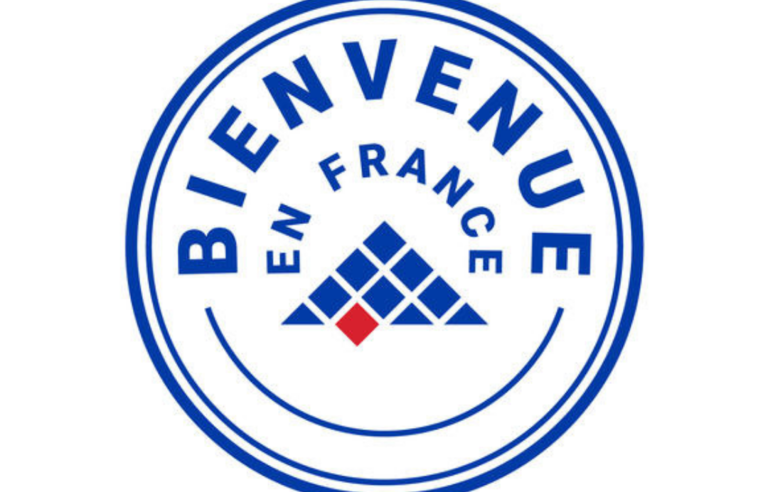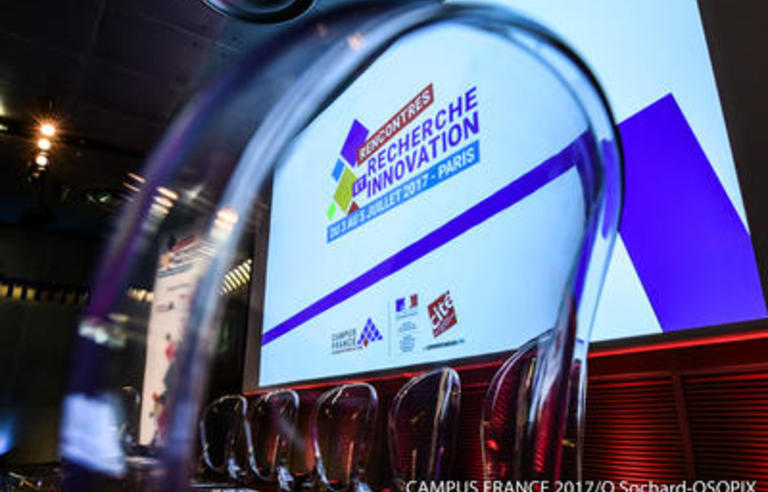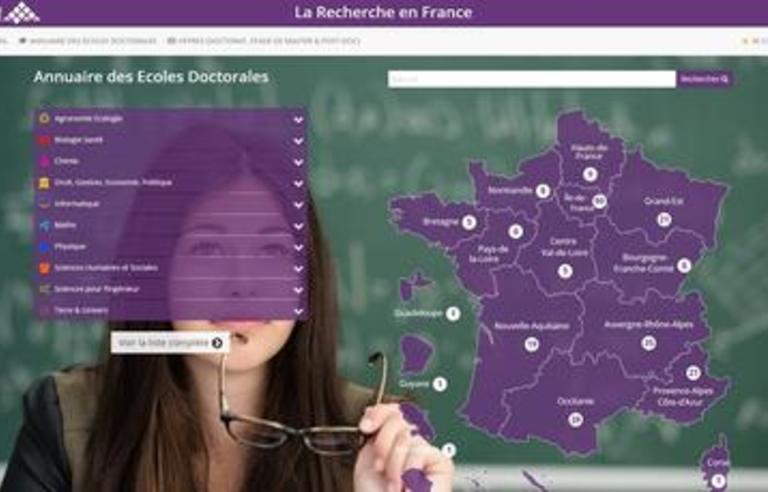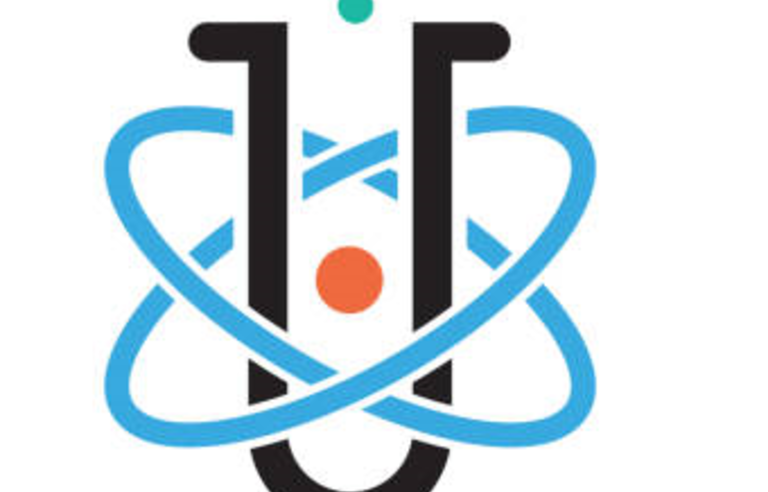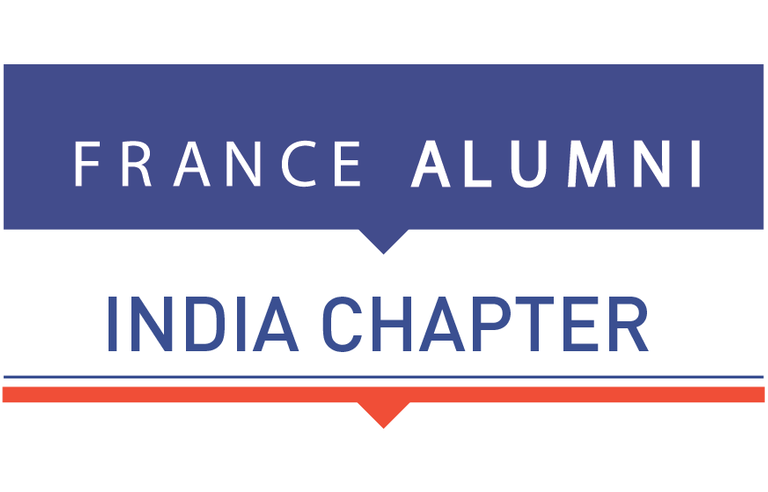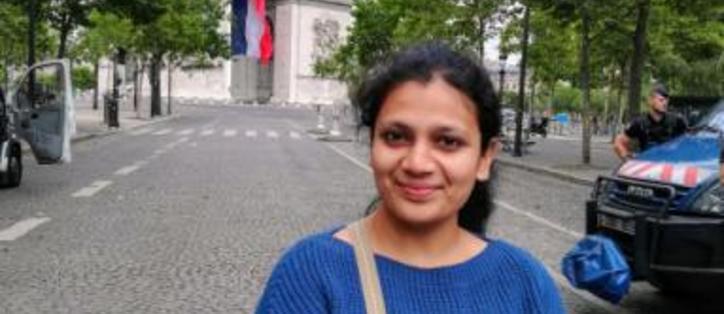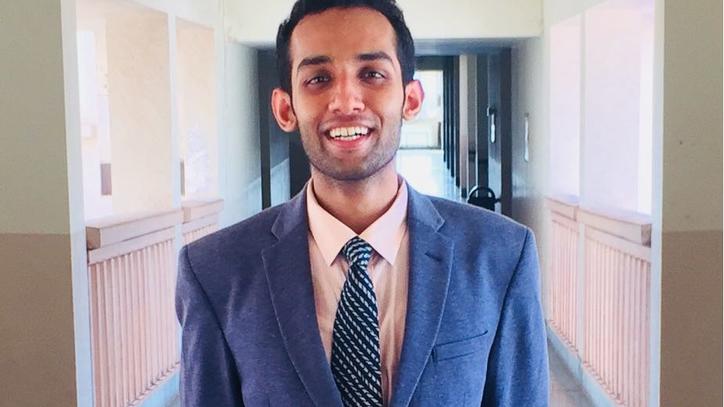
Rachith Aiyappa
Rachith Aiyappa, a Fellow of the Charpak Research Internship program, on his experiences in France.
As Big Data research is gradually stepping biological research into a new era, there is a
growing need for understanding interactions between biological components at different
levels of organisation (molecules, genes, RNAs, proteins, cells, tissues, individuals) and the
high-level properties that emerge from these interactions. Biologists need to understand how
these interactions give rise to the “system level” properties which requires the development
of mathematical models. These models allow researchers to systematically analyse systems
perturbations, develop hypotheses to guide the design of new experimental tests and
ultimately assess how each biological variable contributes to the emergent system level
properties. Today, modelling approaches are essential for biologists, enabling them to analyse
complex biological processes.
Unraveling the complexity of living systems is a challenge that requires a multi-disciplinary
collaboration between fields that are still compartmentalised so as to develop new theoretical
tools, data analysis and modelling techniques. It is at the interface between biology with
physics, mathematics and computer sciences that the fundamental principles governing living
matter and with that, reality, are likely to be discovered. In particular, knowledge and
collaborative efforts are required between biologists and statistical physicists for the
development of predictive models of complex biological phenomena. This is where the
Charpak Fellowship has helped me. It has assisted me in taking up such an opportunity, to
work with such a mutli-disciplinary team, this early in my career in research.
In other words, I am currently a student of physics and mechanical engineering who finds
himself tackling problems and posing questions in the field of collective and emergent
biological behaviour. That being said, it is not uncommon to find discussions leading us to
other areas of complex networks such a economics and google algorithms.
Being a patron of “diversity over depth” in terms of thinking, I strongly believe that it is
necessary for young students to be given an opportunity to explore than to immediately
commit. The commitment of the Charpak administration to aid me in such an unfamiliar
field of research speaks highly of their motto and their investments in supporting novel areas
of scientific research.
Charpak is undoubtedly a supporter of systematic international
exchange of students, culture and the ideas which follow. The growing need for this is quite evident not only in fields of scientific research but also in the success of societies,
corporations and with that, nations!
With the Charpak fellowship, the learning curve has not
been limited to academics and this, to me, is the most appealing benefit of such a program.










